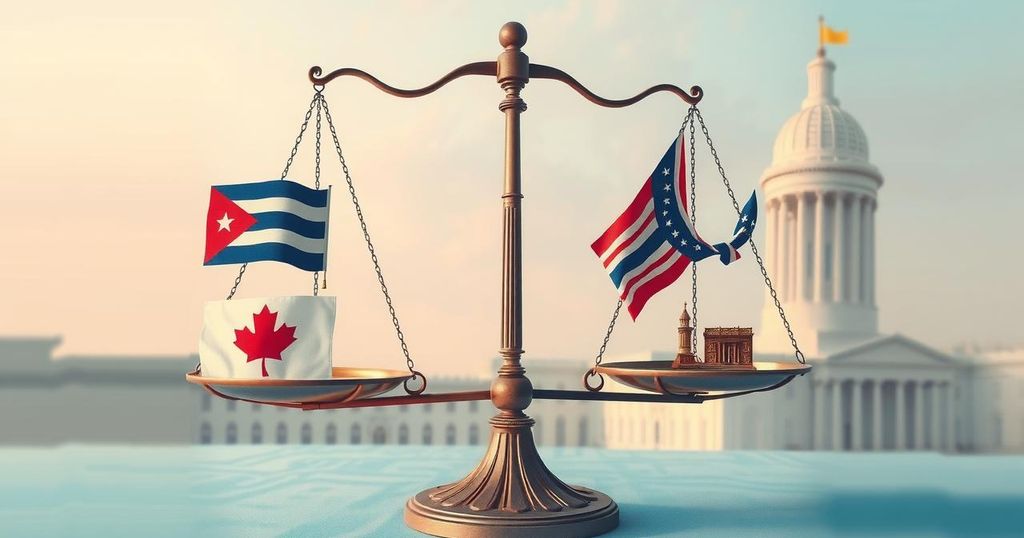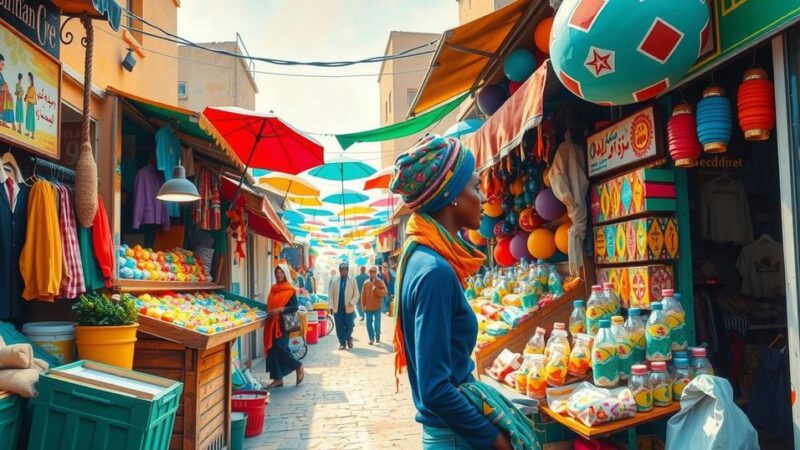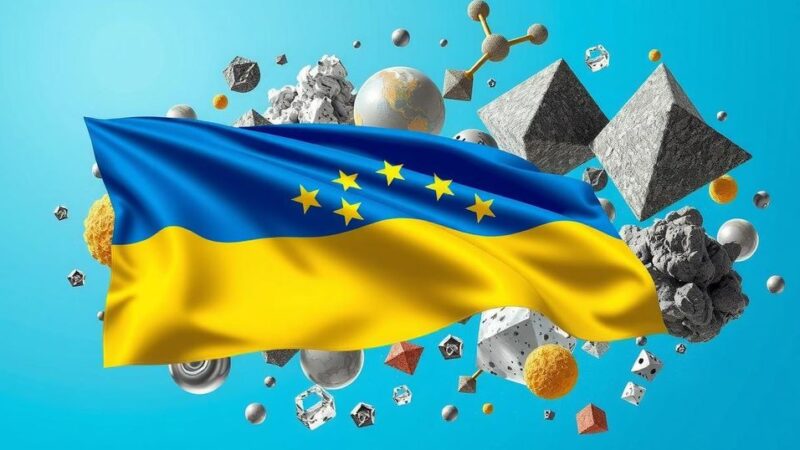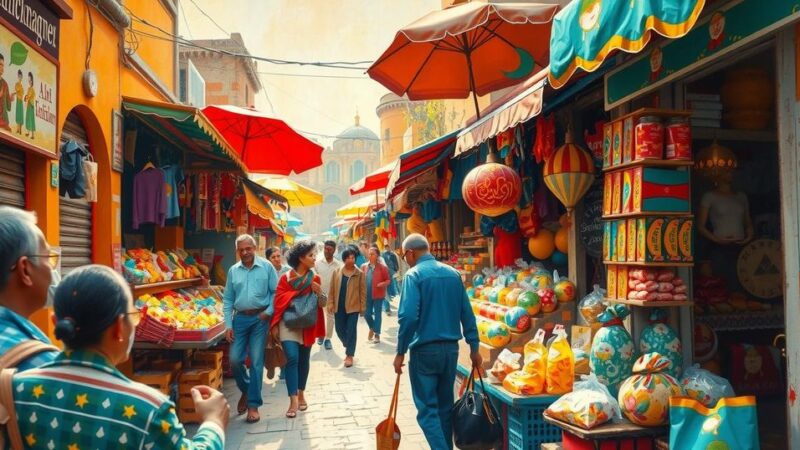Jamaica is navigating a complex diplomatic landscape, balancing its long-standing relationship with the US against the growing influence of China and the need for alliances with Africa. The country’s ties with Cuba are strained due to US accusations, and Prime Minister Holness faces pressures as he considers economic benefits versus strategic loyalties, especially in the context of upcoming elections.
Jamaica faces a diplomatic dilemma as it balances traditional allegiances with potential economic opportunities from emerging global powers. The nation has historically enjoyed a robust relationship with the United States, its primary trading partner, but the increasing interference of China, particularly through its Belt and Road Initiative, is complicating this relationship.
China’s investments in Caribbean infrastructure have rendered it a vital partner for Jamaica. In contrast, Jamaica’s ties with Cuba, a steadfast ally, are now strained due to US allegations of human trafficking against the Cuban government. This necessitates a diplomatic approach that fosters multilateral partnerships, while promoting economic progress in a challenging geopolitical climate.
Historical references highlight similar tensions, such as those experienced by former Prime Minister Michael Manley, who faced repercussions for supporting Cuba during the Angolan struggle, which reveals the potential consequences Jamaica may face today. Calls for Jamaica to form strategic alliances with Africa are growing, fueled by Barbadian Prime Minister Mia Mottley’s outspoken support for Cuba, which further emphasizes Andrew Holness’s perceived inaction.
As of now, Jamaica stands among only two Caricom nations that have not signed the Partnership Agreement with the African Export Import Bank. This agreement aims to enhance trade and investment linkages between Africa and Caricom states, potentially providing Jamaica access to significant economic support and development resources.
Given the historical connection of the People’s National Party to the Communist Party of China, the current leadership’s apparent leniency towards this relationship raises questions about Jamaica’s future foreign policy direction. Balancing the US’s long-standing economic influence against the opportunities offered by China’s infrastructure projects poses a considerable challenge for Prime Minister Holness, especially with impending elections.
The unanswered question looms over whether Holness will forsake Chinese investment advantages in favor of a more favorable stance from the United States, particularly in light of allegations against Cuba, a nation that supported Jamaica during the pandemic. Holness’s decisions will profoundly impact Jamaica’s regional role and its economic trajectory, urging a reassessment of foreign policy priorities that embraces both established and new alliances.
In conclusion, Jamaica is at a significant crossroads in its foreign policy, balancing historical ties with the United States against burgeoning opportunities from China and the potential for new alliances with Africa. The decisions made by Prime Minister Holness will not only influence Jamaica’s economic landscape but also determine its geopolitical stance in a complex global arena. The need for careful diplomatic navigation is critical to preserve Jamaica’s sovereignty and foster equitable economic development.
Original Source: www.jamaicaobserver.com






